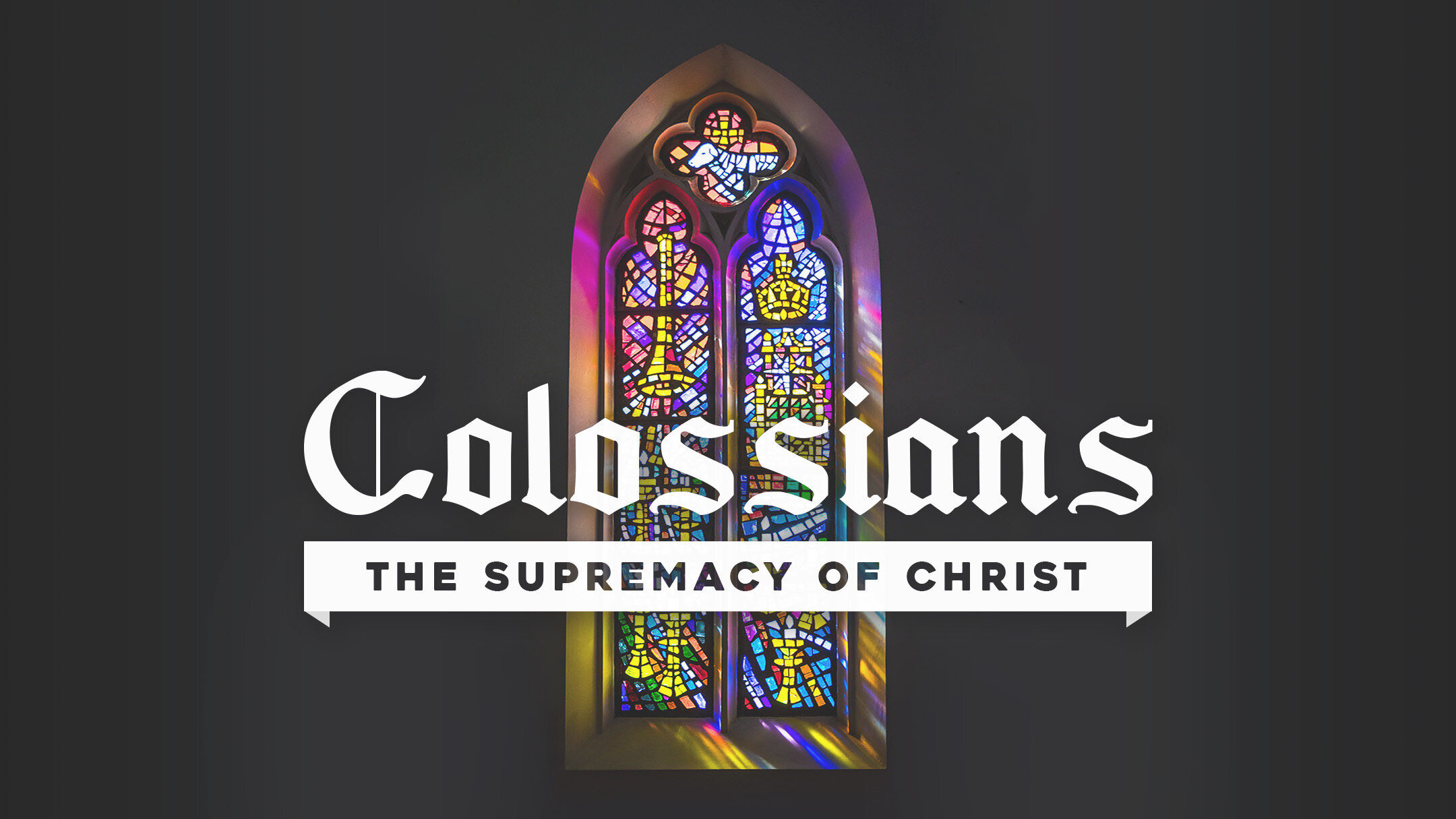Books: Dark Clouds, Deep Mercy (Review)
A couple of weeks ago, my staff and I were hanging out at the local pub, Roosevelt’s, and for some reason we thought it’d be entertaining if we took a personality test. I’m not really a fan of personality tests and assessments, but I figured it’d be interesting to see where we all would land. We took the Myers Briggs personality test and one of the sections in the test had to deal with the difference between feelers and thinkers. Surprisingly, feelers are more emotive while thinkers think. I am the only thinker on our team.
Since, I have been thinking (shocking) about that test and began to assess how I approach my prayer life. I often think and desire to want to have a thriving and robust life in prayer, but after thinking (again) I concluded that I often approach prayer a little too strategically and a little too analytically while not allowing myself to sit in my emotions.
After reading Mark Vroegop’s new book Dark Clouds, Deep Mercy I have felt more and thought less. Mark’s book is on the subject of lament and he writes that “to cry is human, to lament is Christian.” This book has been good for my soul in countless ways beginning with the understanding of what lament really is AND being bold enough to approach God completely broken.
Lament isn’t something that is regularly taught or spoken about in the church. I know it’s not something I’ve talked about before and part of that is because I didn’t know what to say about lament. I think I viewed lament like accessory movements in strength training; sure they’re important and you should learn them, but what for? Next thing you know, you’ve torn your hamstring and all you want, need, and are capable of doing is accessory work. I digress.
While Vroegop provides several working definitions for what lament actually is, it is one of his first comments about lament that struck me:
Lament is the honest cry of a hurting heart wrestling with the paradox of pain and the promise of God’s goodness.
If you have found yourself in a a difficult season(s), know someone who is wrestling with the truth about God, or simply wish to dive in a deeper appreciation of prayer and communion with the Lord, then I highly recommend purchasing this book.
CULTURE AND PRAYER
Culturally, suffering and lament seems to be something that is taboo. We have become accustomed, in many ways, to work our way out of suffering and lament in order to feel better about ourselves and our circumstances, but the Bible teaches us that suffering is inevitable for the Christian as we follow Christ; we are going to be rejected and life, at times, is going to suck. That’s a hard truth to swallow in a culture that says you don’t deserve to suffer and that if you do happen to find yourself in a difficult circumstance, it’s up to you to get yourself out as quickly as possible.
The truth about lament is that it stands in between the pain of life and the promise of God. And to me, that is incredibly encouraging! Lament is a beautiful grace that teaches me there is a space in my communion with the Lord where I can be totally and utterly honest, broken, and vulnerable.
It reminds me of a conversation I recently had with my son. After confessing sin, he began to weep and his vulnerability led him to feel like he needed to hold back. I assured my son that this was the time for him to lay it all out on the table; I wasn’t there to get mad at him or discipline him, but to listen to him and be present as he wept. Once I said that, the flood gates of tears opened up and he was able to be totally vulnerable and broken in our time together. I think that’s what lament feels like with God. It’s a space where He draws us to Himself, with snot and tears, to be totally and completely vulnerable before Him affording us an opportunity to ask some bold things with confidence and trust Him because He is good.
Vroegop does a phenomenal job of walking the reader through the three parts of his book (Psalms of Lament, Lamentations, and personal and community application). This book has been a great resource for reflection and teaching and I highly recommend it.
FAVORITE QUOTES
To pray in pain, even with its messy struggle and tough questions, is an act of faith where we open up our hearts to God. Prayerful lament is better than silence. However, I’ve found that many people are afraid of lament. They find it too honest, too open, or too risky. But there’s something far worse: silent despair. Giving God the silent treatment is the ultimate manifestation of unbelief.
You need to know that lament does not always lead to an immediate solution. It does not always bring a quick or timely answer. Grief is not tame. Lament is not a simplistic formula. Instead, lament is the song you sing believing that one day God will answer and restore. Lament invites us to pray through our struggle with a lift that is far from perfect.
Lament is the language of a people who believe in God’s sovereignty but live in a world with tragedy.
In my study of lament, I’ve come to love the word yet. It marks the place in the journey where pain and belief coexist. It is how we gain the confidence to ask boldly, despite the sorrow and grief we feel. Yet mean that I chose to keep asking God for help, to cry out to him for my needs, even when the pain of life is raw. Yet reminds us that sorrow doesn’t have to yield before we ask God for help. Part of the grace of lament is the way it invites us to pray boldly even when we are bruised badly.
Trust is believing what you know to be true even though the facts of suffering might call that belief into question. Lament keeps us turning toward trust by giving us language to step into the wilderness between our painful reality and our hopeful longings.
But whatever you do, don’t stop making this turn toward trust. Learn to live in the tension of pain beyond belief and divine sovereignty beyond comprehension by stepping into trust. Choose to place your confidence in God. Learning to lament is a journey as we discover how lament can provide mercy when dark clouds loom. Lament is how you live between a hard life and God’s promises. It is how we learn to sin and worship when suffering comes our way.
RECOMMENDED READING
• Dark Clouds, Deep Mercy: Discovering The Grace of Lament by Mark Vroegop





















